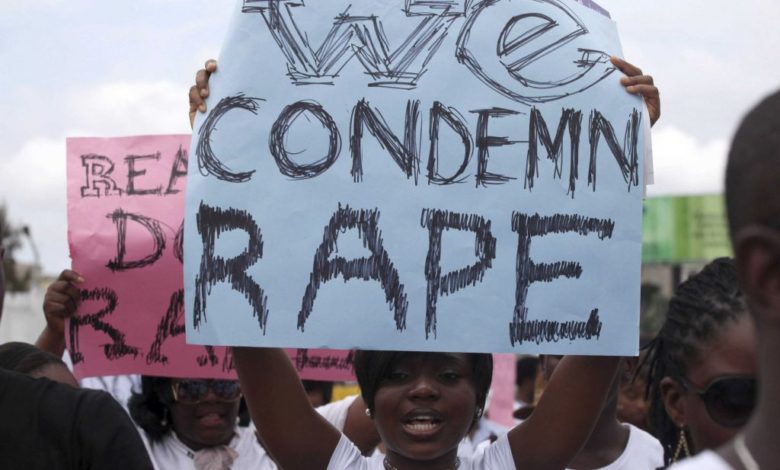Canadian Govt, CODE Call For Prompt Passage Of VAPP To Curb Abuse

As part of plans to end Sexual and Gender-based Violence (SGBV) in Nigeria, the Canadian High Commission and Connected Development (CODE) has urged state governments to promptly adopt the Violence against Persons Prohibition (VAPP) Act.
They urged the Nigerian government to establish a comprehensive policy and regulatory framework that guarantees the safety and security of the most vulnerable citizens across the federation, particularly during the COVID-19 pandemic.
According to them, the pandemic can worsen existing vulnerabilities and risk factors, leading to an increase in SGBV.
Speaking at a function organised by CODE in Abuja, Canada’s Acting High Commissioner, Nicolas Simard noted that women participation is vital for every sector to develop.
Simard argued that beyond the formulation of policies, there was also need for action and that, “women do politics differently, women do business differently, If you want to create jobs, you need to create small and medium enterprises for women because their participation is vital for every sector to develop.”
The Commissioner noted that Canada’s Feminist International Assistance Policy recognizes that supporting gender equality and the empowerment of women and girls is the best way to build a more peaceful, inclusive, and prosperous world, adding that preventing and responding to all forms of SGBV is a priority for Canada.
He reflected on the recent reports made by the Inspector-General of the Nigerian Police, Mohammed Adamu, that 717 rape cases were recorded in 5 months across the country, marking a spike in SGBV.
CODE’s Chief Executive, Hamzat Lawal regretted that the VAPP Act, which clearly outlines laws to tackle violence against women and girls in Nigeria, has still not been implemented in twenty States, five years after its enactment.
Lawal maintained that most citizens were not even aware of its laws and implications.
According to him, violence against women and girls has long-lasting and negative health, social and economic effects that can span generations, often leading to cycles of violence within families and communities, adding that It is a pandemic that the Nation must condemn and work towards ending.
Lawal said, “In Nigeria, 17 per cent of girls and women between the ages of 15 and 49 have been subjected to sexual or physical violence at least once in their lives.
“Although Kano State has long battled the prevalence of child rape, it is commendable that the State House of Assembly has now passed the Child Rights Act awaiting assent by the Governor.
“Still, Governor Abdullahi Umar Ganduje needs to ensure the signing of the Child Rights Act and speedy passage of the VAPP Act and domesticate its policies- that’s a secure way to protect our women and girls from abuse and violence,” he said.
According to the director, CODE in collaboration with the Canadian High Commission in Nigeria are working to support the empowerment of vulnerable and marginalized women in Kano State, including those living with disabilities, suffering from HIV/AIDS, and victims of SGBV, by helping them to be catalysts for change by building their capacity to advocate more effectively.
He maintained that the body was leveraging on technology platforms to promote respect for women’s rights, advocate for gender-responsiveness in public service delivery, and secure the adoption and implementation of the VAPP Act.
Support Our Journalism
There are millions of ordinary people affected by conflict in Africa whose stories are missing in the mainstream media. HumAngle is determined to tell those challenging and under-reported stories, hoping that the people impacted by these conflicts will find the safety and security they deserve.
To ensure that we continue to provide public service coverage, we have a small favour to ask you. We want you to be part of our journalistic endeavour by contributing a token to us.
Your donation will further promote a robust, free, and independent media.
Donate HereStay Closer To The Stories That Matter




